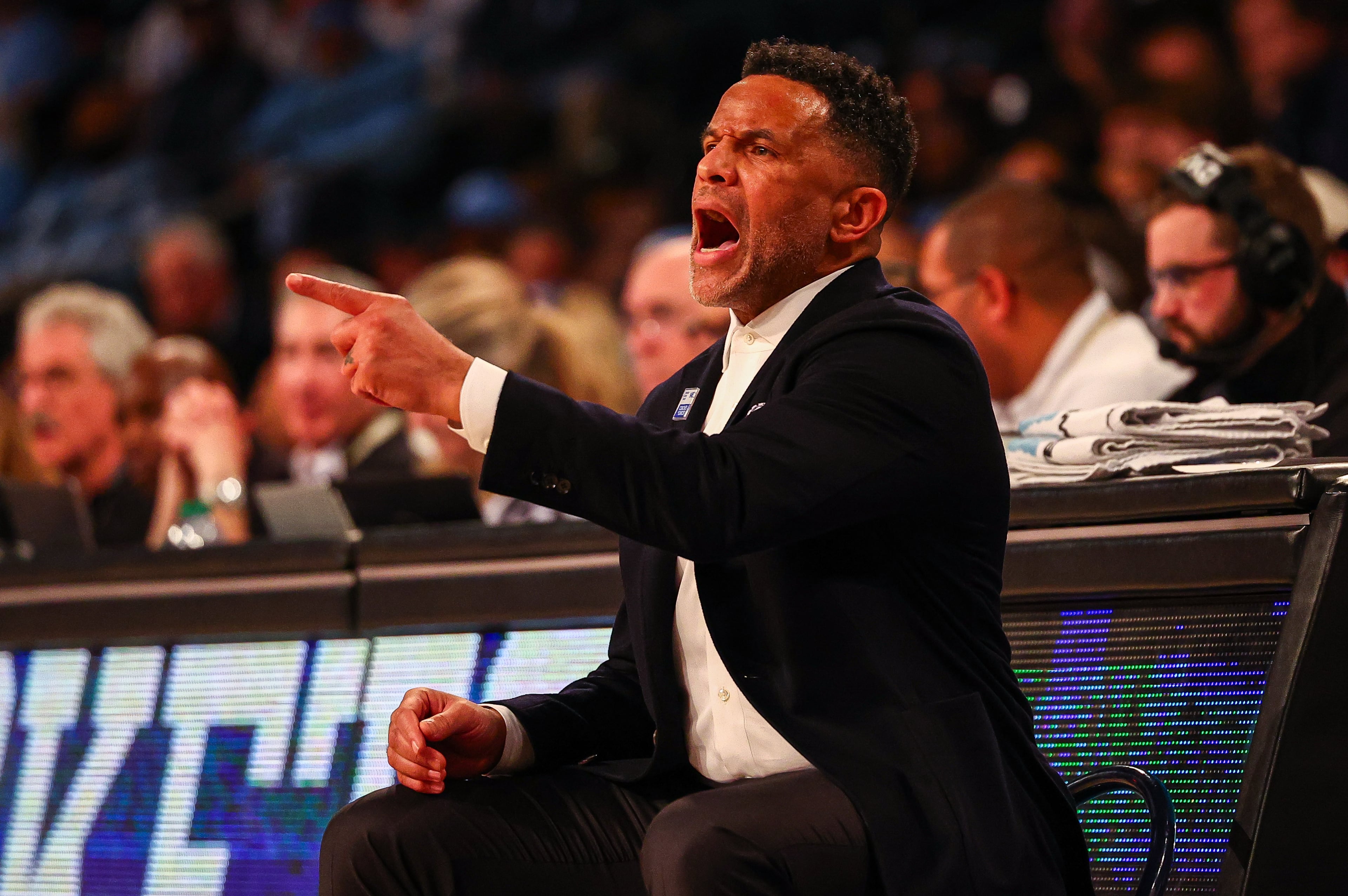Against FSU, Jackets can’t get away from game plan
If Georgia Tech gets into the final few minutes against Florida State on Saturday with the score close, the Yellow Jackets won’t be competing against only the Seminoles as they try to break their crushing string of close losses.
Tech players may have to fight their own compulsion to do more than their assignments to secure a win. The Jackets will try to earn their third ACC win against 10 losses in their game at McCamish Pavilion against FSU, which owns a nine-game winning streak against Tech (2:30 p.m., WATL).
“You can’t get out of yourself,” coach Brian Gregory said. “You can’t try to do too much. I think sometimes — we always talk about (doing too much) on the offensive end — I think you can do that on the defensive end, as well.”
That was Gregory’s diagnosis of Tech’s most recent defeat, a 65-63 loss at Virginia Tech on Monday. The Hokies scored 17 points in the final five minutes, an eight-possession stretch, after scoring 48 points in the first 35 minutes. Shots went unchallenged. Help defense rules were broken or unheeded. On-ball defense was ragged, perhaps overaggressive.
“Watching it and reviewing it, I think there were two or three times when we tried to do too much as opposed to sticking to our coverages and executing our coverages that had pretty much been successful the whole game,” Gregory said.
On the critical play, guard Josh Heath left Hokies guard Malik Muller to help guard Chris Bolden after he had been beaten off the dribble. That allowed Muller to slip to the corner and make an open 3-pointer to give the Hokies a 64-63 lead with 15 seconds remaining. It was a hard-to-explain mistake, given that Virginia Tech is one of the best 3-point shooting teams in the ACC and limiting the Hokies’ 3-point tries was a focal point of the Jackets’ game plan.
“Sometimes we get away from what coach Gregory wants us to do,” Bolden said. “We don’t play Georgia Tech defense on some plays, and those plays end up costing us.”
In Tech’s 81-80 loss to N.C. State on Jan. 31, the Wolfpack scored 10 points in their final five possessions of regulation, enabling them to force overtime.
When Tech lost 64-62 to Boston College on Jan. 25, the Jackets used a 7-0 run to tie the score at 59-59 with 1:26 left in the game. On the next possession, Boston College guard Olivier Hanlan darted past guard Corey Heyward off the ball to free himself for an easy backdoor layup and the go-ahead score. It was an atypical lapse by Heyward, who on the previous possession took a charge against Hanlan to force a turnover.
In the view of Bolden and forward Marcus Georges-Hunt, the problem may be tension to avoid a costly mistake. For a team that in ACC play is 0-7 in games decided by five points or fewer or in overtime and has suffered all manner of heartbreak, it’s not an unreasonable concern.
“You can say everybody’s trying to be perfect, have a perfect coverage,” Georges-Hunt said. “You can say that a little bit. It’s towards the end of the game, you really don’t want to mess up.”
“I think people on our team think of it like they don’t want to mess up individually,” Bolden said. “They don’t want to be the reason why we (lose). (But) we can’t have heroes, either.”
Playing with a fear of messing up is no way to break out of a losing cycle, and speaks to how so many games have escaped Tech’s grasp. But at least the Jackets know the way out.
“Just sticking to our keys, sticking to our strategy,” Bolden said. “Rebounding the ball and just doing the things that we did in the earlier part of the game that we should do at the end.”



